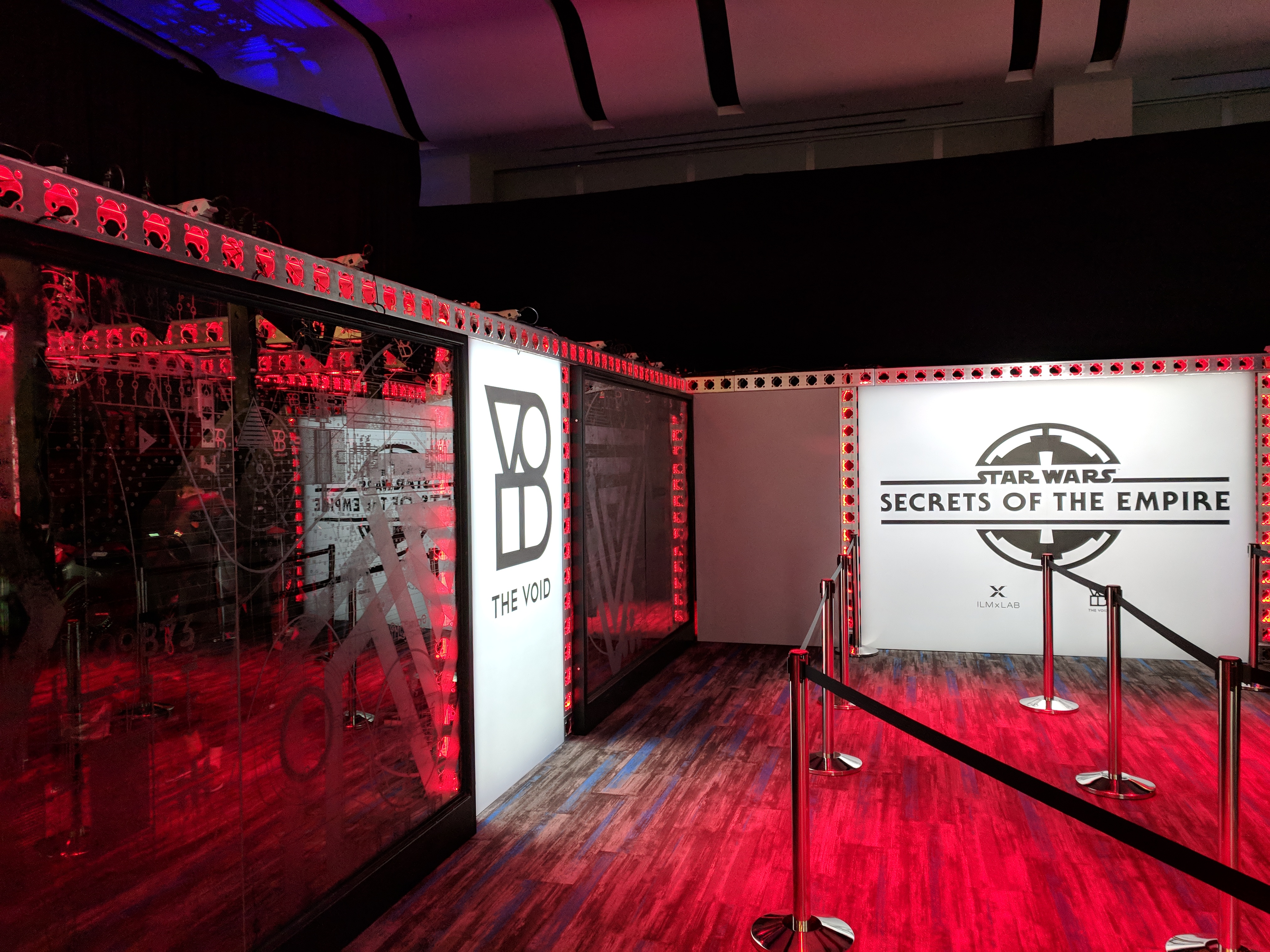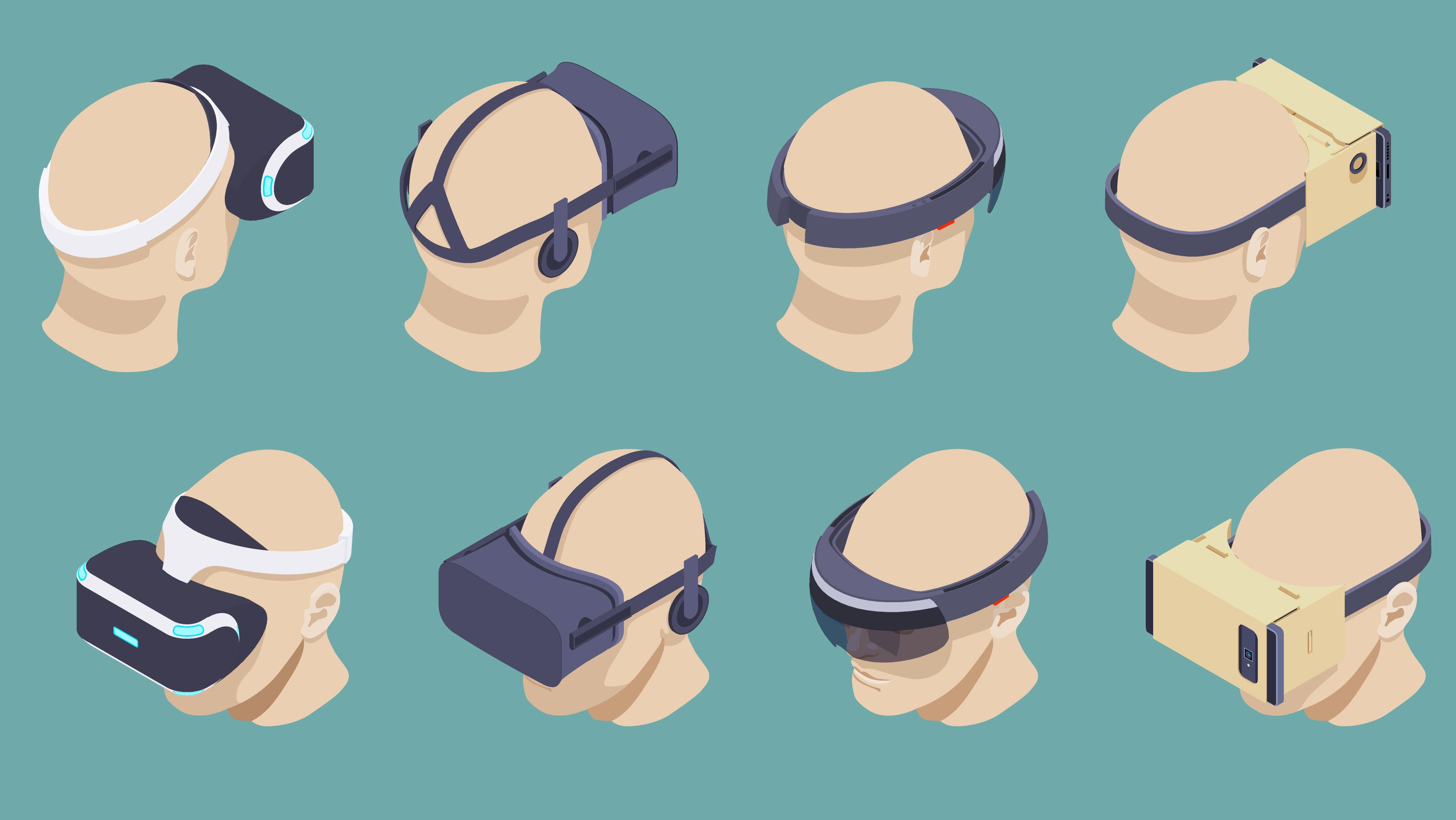Facebook’s Oculus Looking to Invest in Location-Based Virtual Reality (EXCLUSIVE)
By Janko Roettgers
LOS ANGELES (Variety.com) – Facebook’s virtual reality (VR) unit Oculus is getting ready to get out of the house: The subsidiary is looking to embrace VR centers and arcades in malls and movie theaters, and has plans to strike deals with producers of location-based VR content. Ultimately, wants to use location-based VR to get more consumers interested in buying VR headsets.
Oculus has yet to publicly detail its plans for location-based VR, but the Facebook subsidiary used its Oculus Connect developer conference in San Jose, Calif., last week to plant the seed for a move in the location-based entertainment space. Oculus head of experiences Colum Slevin used his talk at the conference to highlight a number of location-based VR experiences, and the way these experiences could promote headset sales.
“We love the idea of an audience being able to go to a destination, and have an experience, and love that experience and continue that adventure at home,” he said. “This is something we are working really closely with a number of partners on, how we can tie a location-based experience to an in-home experience.”
A recent Oculus job listing for a “Producer – location based entertainment VR” spells out the nature of those cooperations in more detail, suggesting that they include direct investments into location-based VR content.
Potential job applicants are being told that the purpose of that role is to “build & curate portfolio of location based experiences in collaboration with LBE (Location Based Experience) stakeholders at Oculus.” Whoever gets the job will have to “source content from potential LBE partners,” “develop relationships with best-in-class LBE partners and developers,” “negotiate developer deals,” and more.
Oculus has long supported the development of VR games and experiences with significant investments, with industry insiders telling Variety that the company in the past struck seven-figure deals with some game developers to premiere their titles exclusively on its headsets. However, up until now, these investments have all been for titles that premiered on the company’s consumer VR hardware, not in VR centers.
A new focus on location-based experiences could be explained by the lagging sales of VR headsets. Many consumers have thus far avoided high-end VR systems because of costs and complexity associated with the technology. VR arcades and location-based VR centers on the other hand have a much lower barrier of entry, and have been a way for many consumers to get a first glimpse of the technology.
Many of these centers also offer VR attractions that can’t be easily replicated at home. Some allow users to freely roam stages with walls, doors, planks, and other physical props, while others use rumble chairs and similar equipment for ride-like experiences.
Industry insiders have told Variety that the thinking about location-based entertainment within Oculus seems to have evolved over time. Up until recently, senior Oculus executives seemed to be dismissive of location-based entertainment even behind closed doors, stressing that the company was singularly focused on selling its headsets to consumers for in-home use.
What’s more, producers of location-based entertainment frequently found it much harder to work with Oculus than with its competitors. HTC Vive for instance has been actively pursuing the location-based entertainment space, and is even offering VR arcade operators a platform to license VR games for commercial use.
Oculus has for some time worked with a few marquee partners in location-based entertainment. Most notably, Disney-backed VR startup the Void has been using modified Oculus headsets for its VR experience centers. Oculus further validated that partnership by inviting the Void to last week’s Oculus Connect conference, where the startup showed off its latest “Star Wars: Secrets of the Empire” experience to attendees.
That experience could also be a blueprint for how Oculus is going to approach location-based entertainment: Instead of just offering scaled-down versions of those experiences for users at home, the company may rely on companion pieces to tie in-home and out-of-home VR together.
The Void’s “Star Wars: Secrets of the Empire” experience at Oculus Connect.
Coincidentally, ILMxLab announced at Oculus Connect that it is going to premiere its new “Vader Immortal: A Star Wars VR Series” title exclusively on the new Oculus Quest headset next year. “Vader Immortal” was written and produced by David S. Goyer, who also produced “Star Wars: Secrets of the Empire,” and the storylines of the two experiences are closely connected.
“As we look toward the future, we want to tell connected stories. Stories that cross the boundaries of home and locations,” said ILMxLab executive in charge Vicki Becks Dobb during the Oculus Connect keynote. An ILMxLab spokesperson later clarified that the Disney subsidiary had no plans for a location-based version of “Vader Immortal.”
Asked about the prominent presence of at Oculus Connect, Oculus head of studios Steve Arnold said that it was highlighted as an important segment of the VR ecosystem. “They are part of where VR has come from, and where it is going in the future,” he said during an interview on the sidelines of an Oculus Connect press event. As with the Void, Oculus has worked with other location-based VR vendors for some time, said Oculus co-founder and head of Rift Nate Mitchell. “Sometimes we are helping with hardware, sometimes we are helping with software.”
Both executives declined to comment on specific plans for out-of-home VR, but emphasized that it was an ongoing area of interest. “What we are seeing is people coming out of these experiences, saying, ‘Okay, now I’m really excited about VR,’” he said. “We think location-based is going to be important to us.”
It’s still unclear how exactly Oculus is going to make the link between location-based VR and its own in-home offerings. Some industry insiders interviewed by Variety for this story speculated that the company may try to use VR centers as retail outlets, and get consumers to try and buy products like the upcoming Oculus Quest standalone headset on the spot.
Slevin’s remarks at Oculus Connect suggested that the company is still trying to figure out how to close this missing link. “The experiment that we are embarking on, and working on over the coming year, and working on right now, is to figure out how to connect those experiences to system sales, literally,” he said.


